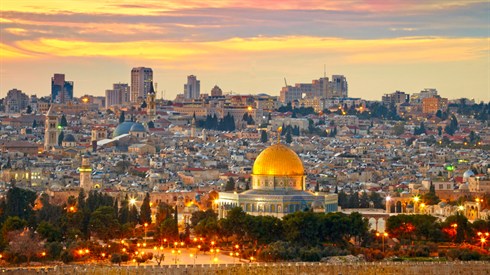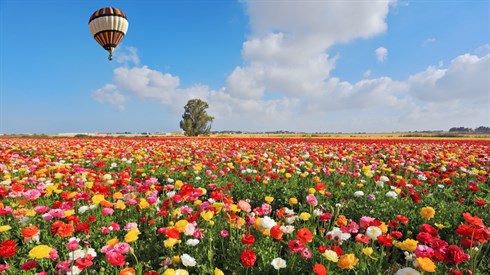- Sections
- Bemare Habazak - Rabbis Questions
553
Answer: There are certain set factors that Chazal used for precedence, such as tadir (the one which is more regular) and mekudash (the one that has more sanctity). On these grounds, there is what to discuss regarding Musaf and Hallel (see Igrot Moshe, Orach Chayim III:70). However, the subject is somewhat complicated to delve into in this context, and so we will leave those elements as inconclusive.
You had a few reasons to give the preference to Musaf over Hallel. One is their relative importance for women. There is a machloketwhether women are obligated in Musaf. The Tzelach (Berachot 26a) says that the opinions that women are obligated in davening similarly to men do not apply to Musaf. The reason to obligate them, despite it being a time-based mitzva is that it is critical since it is a request of mercy (Berachot 20b). However, since Musaf is a special tefila added in connection to the service in the Beit Hamikdash and does not have to do with requesting mercy, women are not obligated. There are a few reasons to claim they are obligated (see Elef Hamagen 106:4), with perhaps the strongest one being that we do not easily distinguish between one tefilla and another (see opinions in Halichot Beita 6:(8)). The Mishna Berura (106:4) cites both opinions without expressing a preference.
In contrast, women are clearly exempt from reciting Hallel, which is a time-based mitzva, and at least on Rosh Chodesh, there are no special reasons to obligate them (Tosafot, Sukka 38a; Magen Avraham 422:5). While some women (perhaps including you) accept upon themselves an obligation to recite Hallel (see Be’ur Halacha to Orach Chayim 422:2), one would still give preference to the part of davening in which they are more likely to be innately obligated (Musaf). To this we add the fact that Hallel on Rosh Chodesh is only a minhag even for men (Tosafot, Berachot 14a).
Another factor favoring Musaf relates to the firmness of the deadline. You are working with the assumption that Musaf and Hallel(and presumably Mincha) must be done before sunset, which makes sense for non-Chassidic Ashkenazim. However, there may be room torecite Mincha several minutes thereafter (see Ishei Yisrael 27:6), based on one or more of the following factors. 1) According to Rabbeinu Tam and others, the day does not end until well after what we call sunset. 2) Even after sunset, it is not definite night, but bein hashemashot, which is treated as a doubt whether it is day or night. 3) If a certain moment during bein hashemashot is too late for Mincha, then it is time forMaariv, and therefore one can make a condition that the tefilla count for whichever is appropriate (see development of this idea in Be’ur Halacha 233:1).

Bemare Habazak - Rabbis Questions (593)
Rabbi Daniel Mann
241 - Supermarket Manners or Halacha?
242 - Musaf or Hallel?
243 - Rabbi Shimon’s Painful Return to the “Physical World”
Load More
Therefore, we would have recommended doing Musaf first, followed by Hallel, without a beracha if it was after sunset.

When to Make a Beracha for Inheritance
Rabbi Daniel Mann | Nisan 27 5779

Building a Sukka on Public Property
Rabbi Daniel Mann | 12 Tishrei 5784

Making a Trust for a Sefer Torah
Rabbi Daniel Mann | 5772

Ask the Rabbi: Indirect Responsibility for Theft
Rabbi Daniel Mann | Shevat 5785

Mikdash and Jewish State Go Together – part I
Rabbi Yossef Carmel | 22 Adar II 5784

“G” Dash “D”?
Rabbi Daniel Mann | Adar 21 5780

Days on Which Tachanun Is Not Recited
Chapter Twenty One-Part Three
Rabbi Eliezer Melamed | 5775

The Significance of Completing the Mishkan
Rabbi Avraham Yitzchak HaLevi Kilav | 28 Adar 5785
The Paschal Offering
Rabbi Moshe Leib Halberstadt | 6 Nissan 5785
Daf Yomi Sanhedrin Daf 106
R' Eli Stefansky | 4 Nisan 5785
The Sacrificial Service: Coming Close
Rabbi Moshe Leib Halberstadt | 6 Nissan 5785









